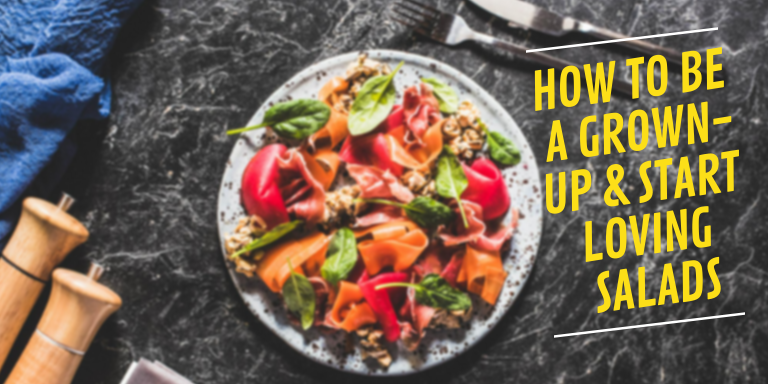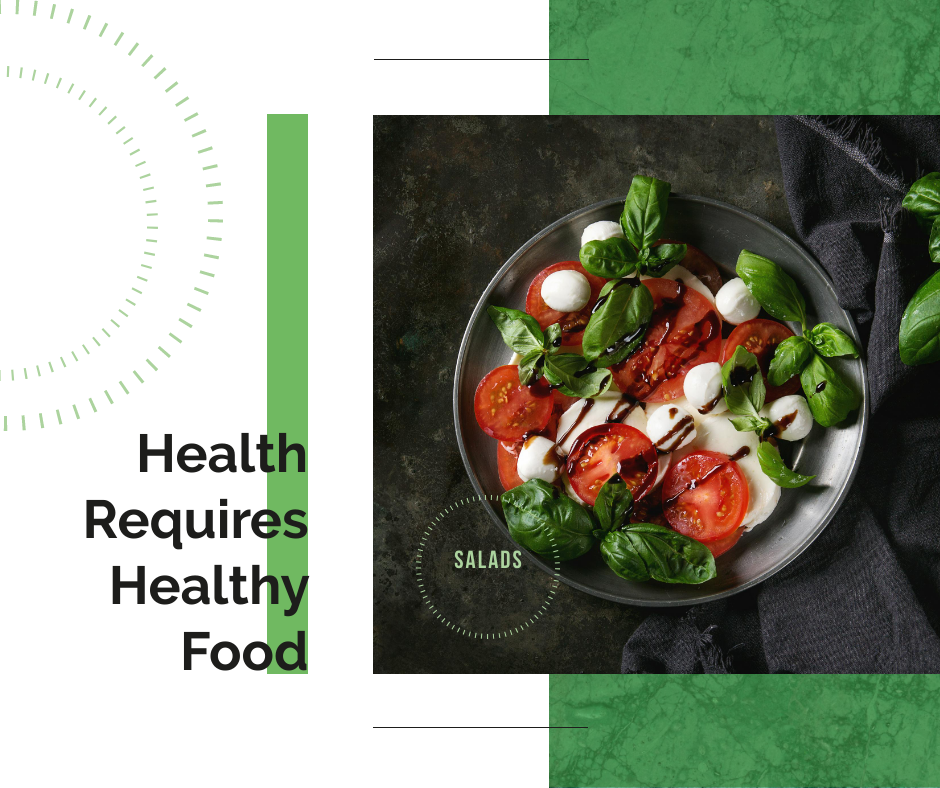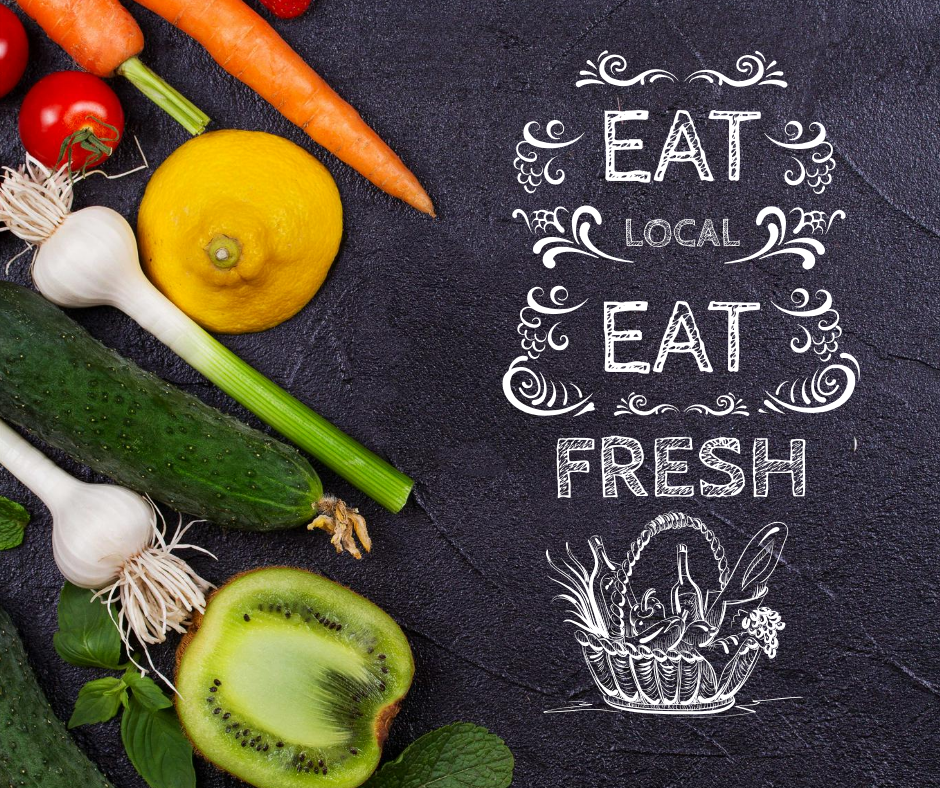Okay, here’s a quick history lesson: “Salad” or “Sallet” dates back to the 14th century.
Shakespeare first recorded the phrase “Salad days” in 1606, which loosely translates to “time of youthful experience”.
And then came the “Salad bar” in American English in 1976.
However, while recognition of this particular food may have arrived later in history, man has probably been trying to love salads since the Neolithic ages.
Scientists, psychologists, and all theists have used every brain cell to “hack” their way into liking a good Caesar salad and the only one who probably succeeded was your mother, forcing it down your throat.
But now that you’re all self-dependent, perhaps in the face of an impending New Year’s resolution, you have to stop forcing yourself to eat healthily and actually love doing so.
“Food for the soul and heart”, they said.
Which brings us to our question, “Is there any natural way to actually start loving salads?” Is there any way how we can rewire ourselves to crave healthily?
Start with some chemicals
Here’s some science.
Ever heard of “sugar rush”? It’s basically you getting into a neurotic frenzy and every brain cell drowning itself in dopamine and serotonin, or the “feel good chemicals”.
High-calorie foods like cakes or anything sweet of that matter help the brain secrete this chemical more, which gives you a feeling of pleasure or being rewarded.
A recent study proves our argument: we can be motivated to start treating salads as the ultimate haute cuisine. A group of overweight people in the United States were shown photos of healthy and unhealthy foods, and their brain activity in response to those images was recorded via MRI.
The results were obvious: unhealthy foods triggered the pleasure receptors, while healthy foods didn’t.
A set of people from that group went on a diet for a certain period, and another group didn’t. Astonishingly enough, the results took a flip.
Participants who went on a diet felt “rewarded” when they saw pictures of healthy food and felt disdain when they viewed pictures of unhealthy food.
Does this indicate something? Let’s find out.
Add passion+reason
Your thoughts maybe are pointing in one direction at this time: in order to change food habits, one must seek an incentive or reward to do so. Simply put, eating well requires a change in lifestyle. And that happens, when our daily habits are changed. It is a universal truth that our connection with the choice of food is as complex as it is close to the heart, and it’s impossible to flick a switch and hope everything will change overnight.
Let’s start with why we need to change our eating patterns.
Nobody does anything without a goal or a purpose in mind. We all want to be someone, to be able to do something substantial while we’re at it, and an appreciation of our efforts would do no harm.
If your family has a history of heart diseases, genetic studies show that it’s a higher probability for you to become a victim as well. Is that how you want to see yourself? If it’s an obvious no, then you have your reason there.
The best way to be more effective with improving your food habits is to write them down, and try hitting close to 10. The idea is to identify a goal, say the ideal weight, height, skin complexion or physical state, and a timeframe to achieve it so that you can immediately work on your newfound desire. Staying fit and healthy is always the ultimate reason to do so.
This requires passion, which comes with constant practice and dedication, and this passion sticks with you for the long run. Otherwise, it’s just momentary motivation! Or worse, a blatant obsession which cripples you.
Stereotypically, salads are imagined to be bowls of bad tasting greens that are meant to make you vomit. It doesn’t have to be that way if you remind yourself of the health benefits and see the results with your own eyes.
Work hard, grow up but play smart.
Develop a habit that doesn’t necessarily conform to strict norms, because your mind needs to believe that this is a smooth transition. So, drop in some mozzarella over your salad, or some meat. A chicken salad maybe?
But as you go along and make this a regular habit, try cutting down on the cheese, carbs, and anything “tasty”. Make an honest effort to replace them with other ingredients, preferably nuts.
If that doesn’t work, then pick a different medium for your salad. Cooked vegetables, or salsa for that matter, help you get used to the texture of vegetables and then the taste.
In conclusion
Challenge yourself.
The quickest way up the wellness ladder is to discipline yourself. And we don’t simply go on a complete veggie diet right from the start. Self-assessments is the way to go.
You could start with eating one home-cooked meal every day, writing down all the veggies used and make a daily diet chart to monitor the vitamin and calorie intake. Give yourself a specific time frame, say a month, to train your mind to be committed to a healthier life.
Try pushing your limits with different eating challenges, and with every effort, you’ll understand your body better and most importantly, your limits. You may discover a pattern that might help you stick on a healthy diet for years to come.
Lastly, explore – constant learning and rapid experimentation is the only way to win at the health game. Know what you eat. Don’t buy any food on the street or every word you read. Explore different viewpoints and understand the underlying logic, and try what you like and see the results.



